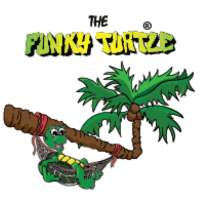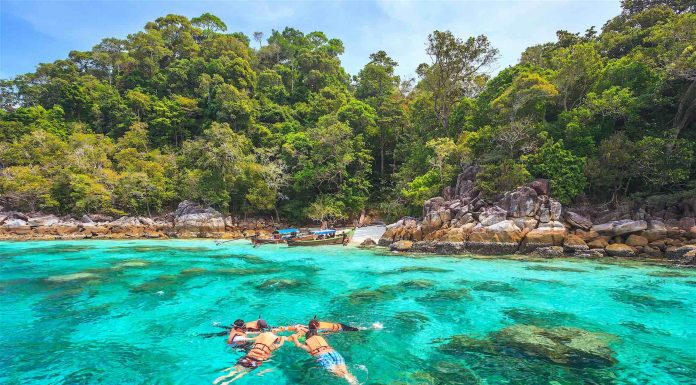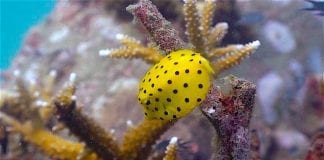Marine Resource Management Initiatives and Koh Tao
Managing coral reefs across the world has become increasingly challenging due to the effects of climate change.
Leaders within the marine science community are focusing on finding and applying local and global solutions in order to improve the protection and resilience of coral reefs.
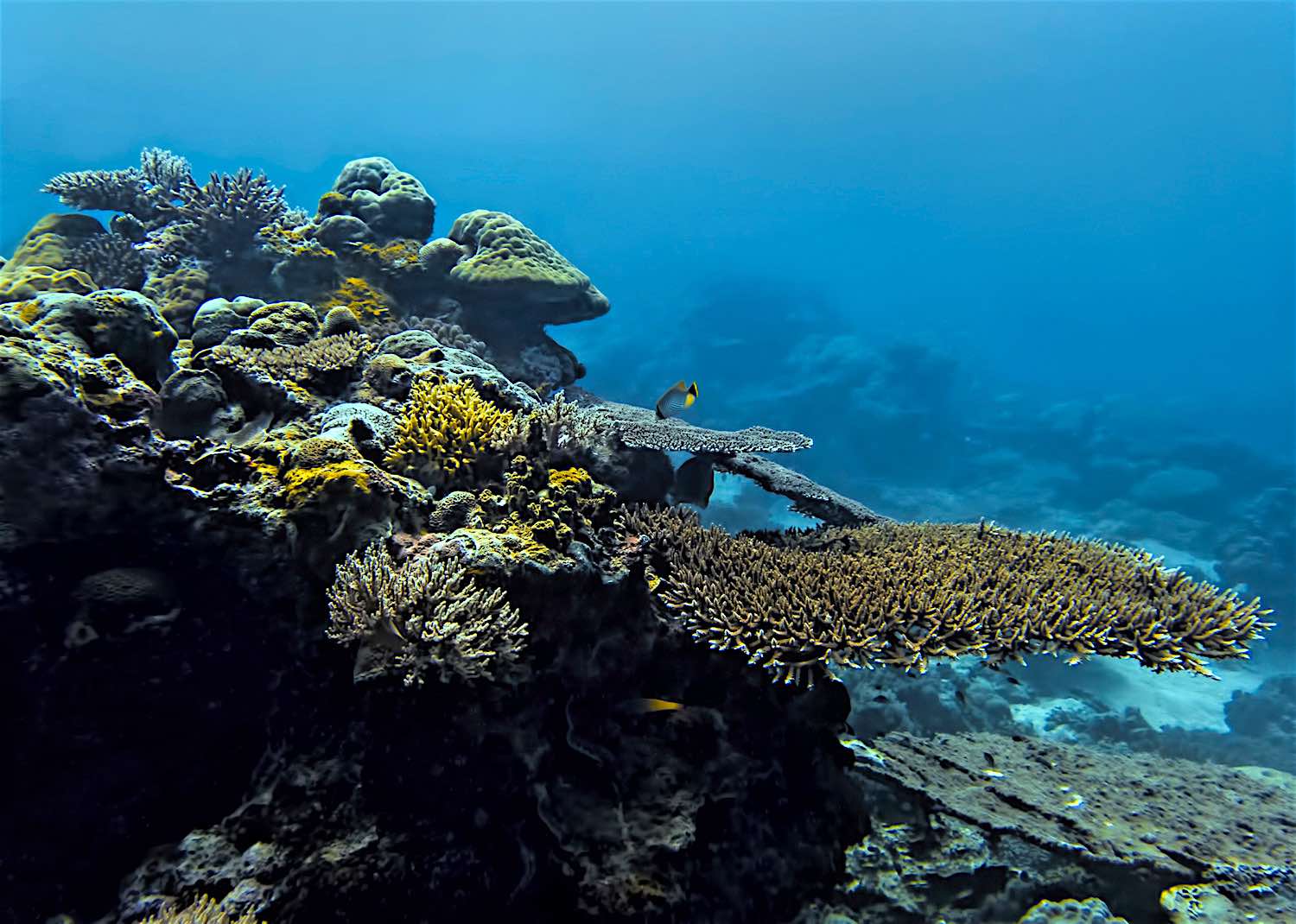
Environmental Awareness
One of the most important aspects of Marine Resource Management is the need to improve the environmental awareness of scuba divers and snorkelers who visit coral reefs frequently, as is the case with Koh Tao in large numbers.
Recent research on the effects scuba diving, divers, snorkeling and snorkelers have on coral reefs has shown that education plays a significant role in reducing and mitigating these effects.
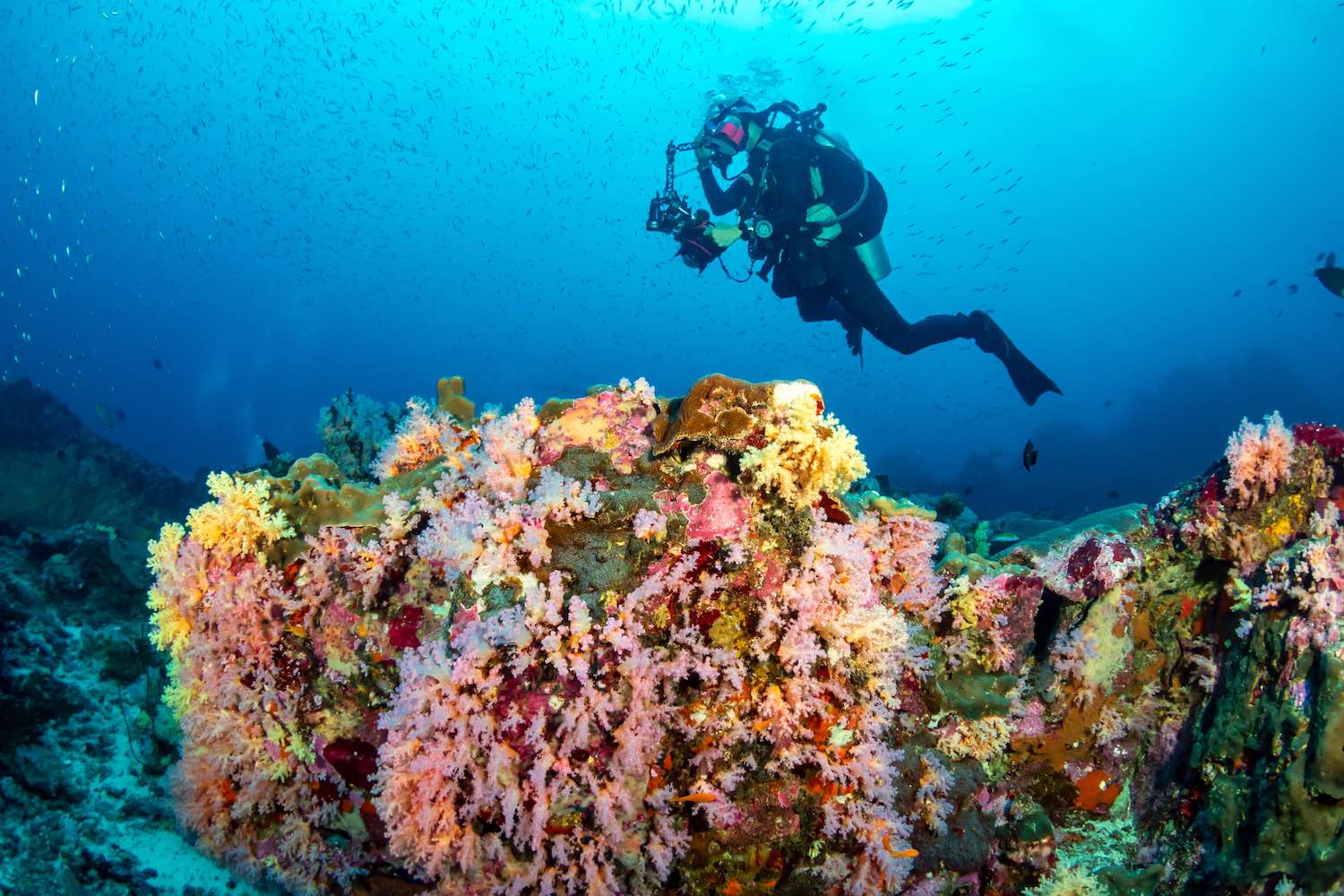
Education in Marine Resource Management
A growing number of scientific studies have concluded that improvements to diver and snorkeler education is a key element in helping divers and snorkelers become part of the solution.
Examples of this can be very simple. In the case of snorkeling this could be a short briefing prior to the snorkeler entering the water, emphasizing correct interaction with marine life.
Changing Behaviour
Simple behavior like not feeding fish or throwing rubbish overboard and only using environmentally friendly sunscreen or using a rash vest, swimming cap or both.
Another common practice on Koh Tao is not issuing snorkelers with fins. This avoid’s novice snorkelers who are experiencing a snorkel trip for the first time, from potentially standing on or damaging the corals.
Snorkelers quite often only visit Koh Tao for a few days and will normally only participate in a 1 day in-water experience.
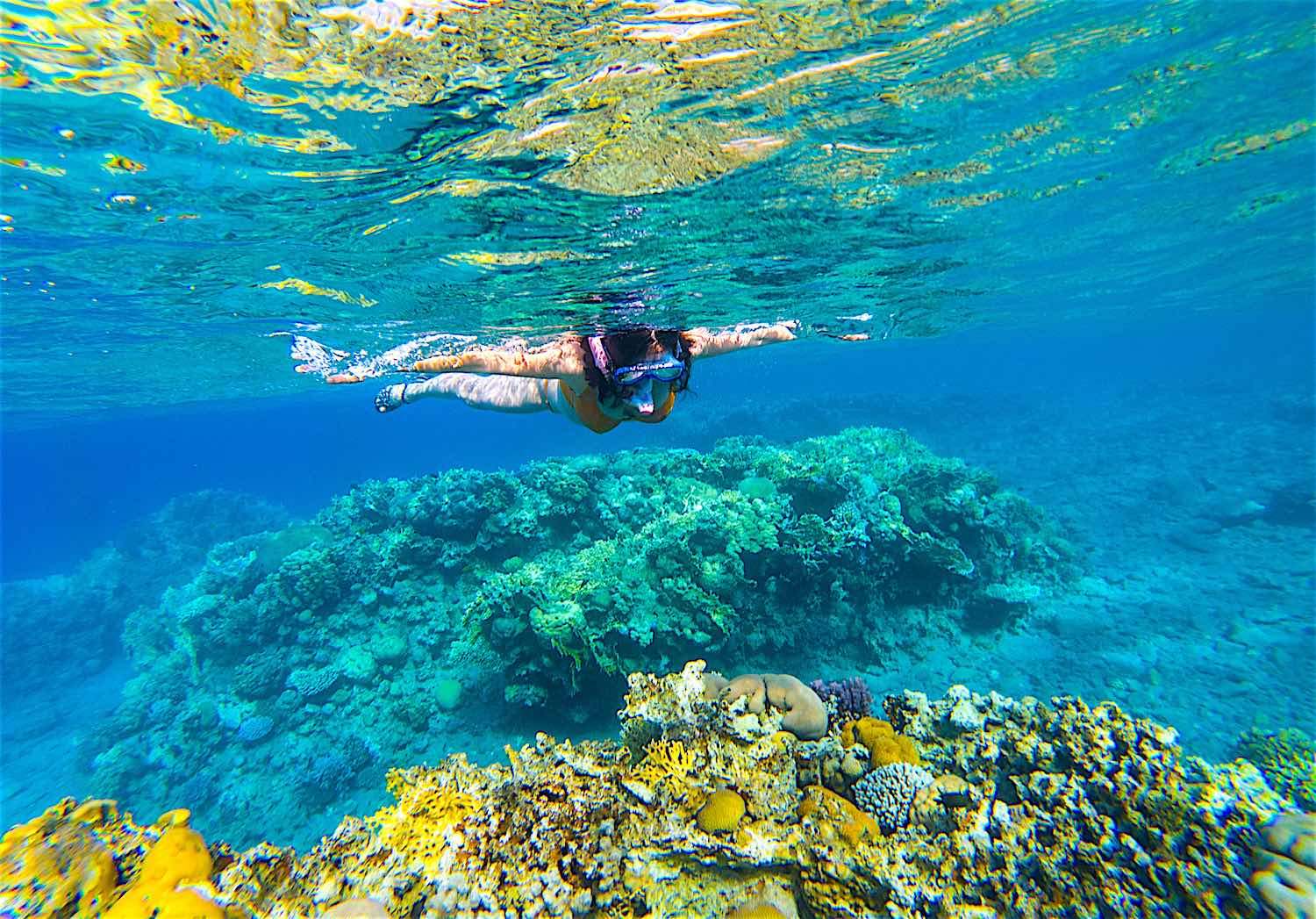
Snorkeling & Responsible Practices
If snorkel tour operators can adopt responsible practices in the form of proper briefings and supervision techniques, we can all contribute to managing our marine resources more efficiently.
This means having qualified and educated snorkel masters, proficient in English as well as other languages that may be necessary with solid watermanship and supervision skills.
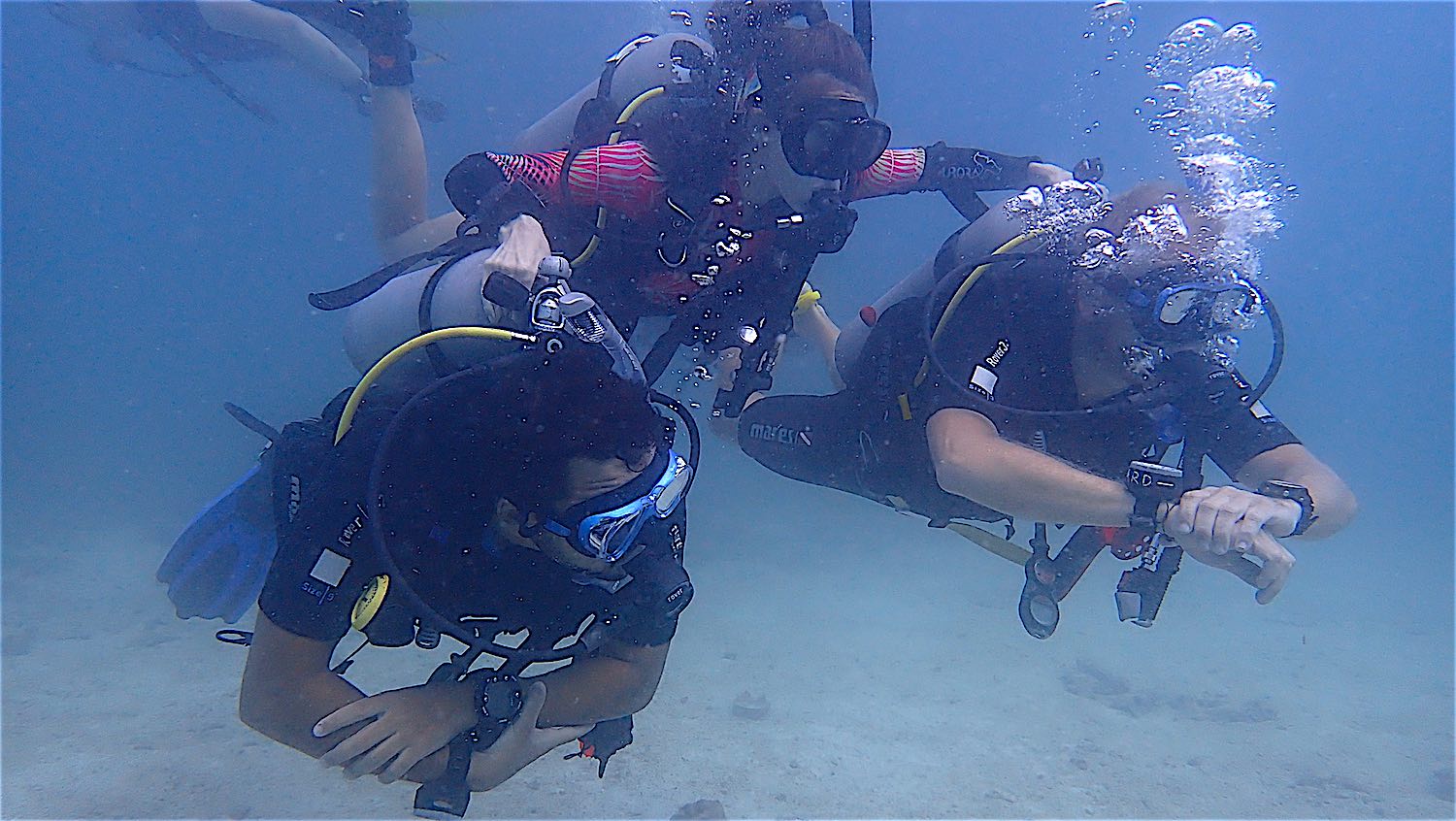
The Scuba Diver Effect on the Marine Environment
While scuba divers are near the bottom of the list when it comes to reasons why coral reefs are in trouble, they are often an easy target to blame.
This can be because of their presence in high numbers in areas like Koh Tao, which certifies a large number of novice divers every year.
The job of fostering this awareness and improving education among divers will of course, fall to the dive professionals who teach and supervise them.
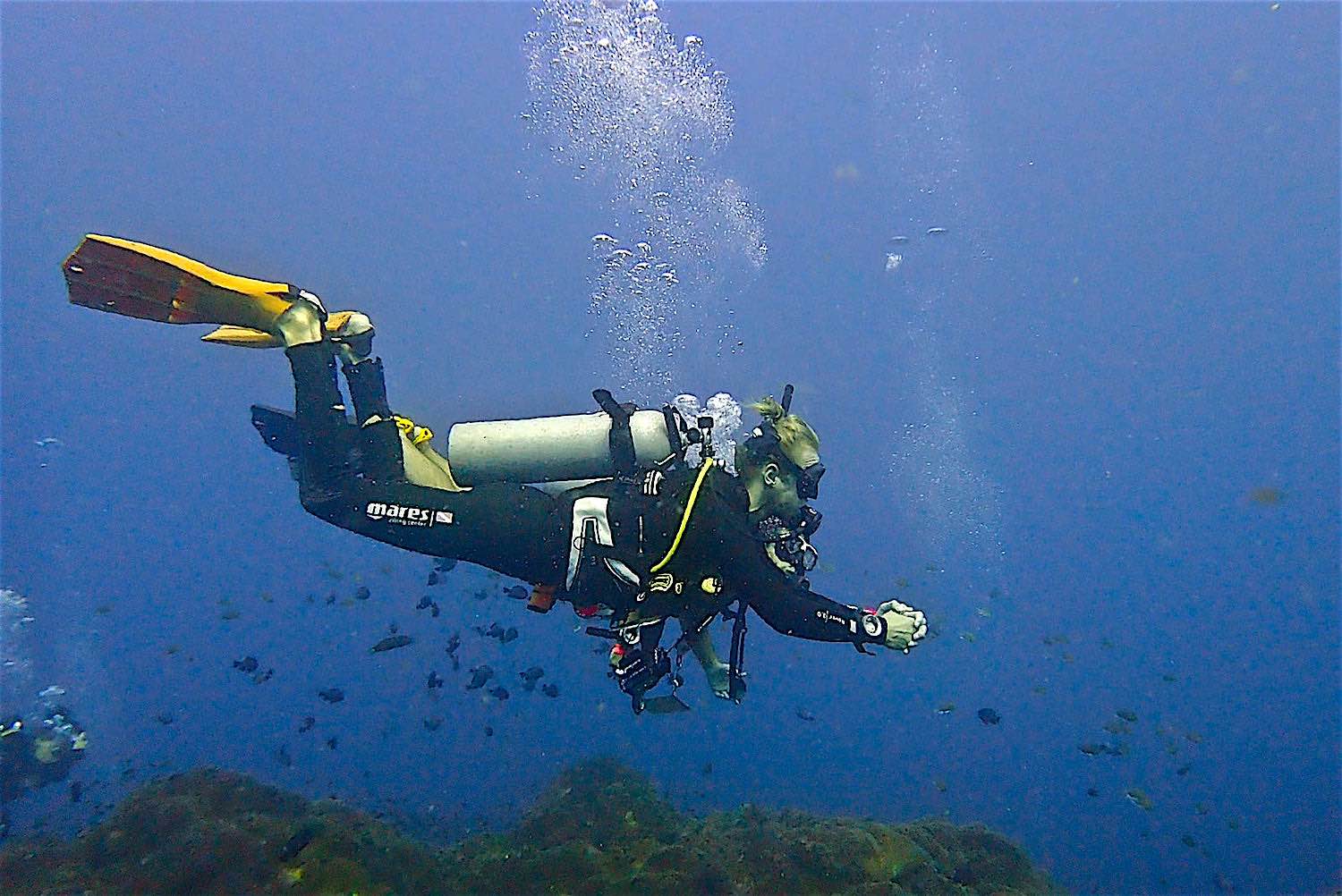
Dive Professionals and Marine Conservation Programs
But to do this, divemaster’s and diving instructors need specialized knowledge and accurate information about the ecology, management and sustainability of coral reefs.
More importantly, they must be able to translate this knowledge into practices that promote low-impact diving.
A good start for all dive professionals is spending more time teaching the basic buoyancy skills that are the basis of every scuba divers skill set.
Teaching Scuba Divers
However, while dive professionals possess a broad expertise and skill level in teaching and supervising divers, they often lack the specific knowledge needed to accurately interpret the coral reef environment.
There are excellent conservation training programs offered on Koh Tao that provide a great introduction, on a technical level, for the average dive professional without a marine science background.
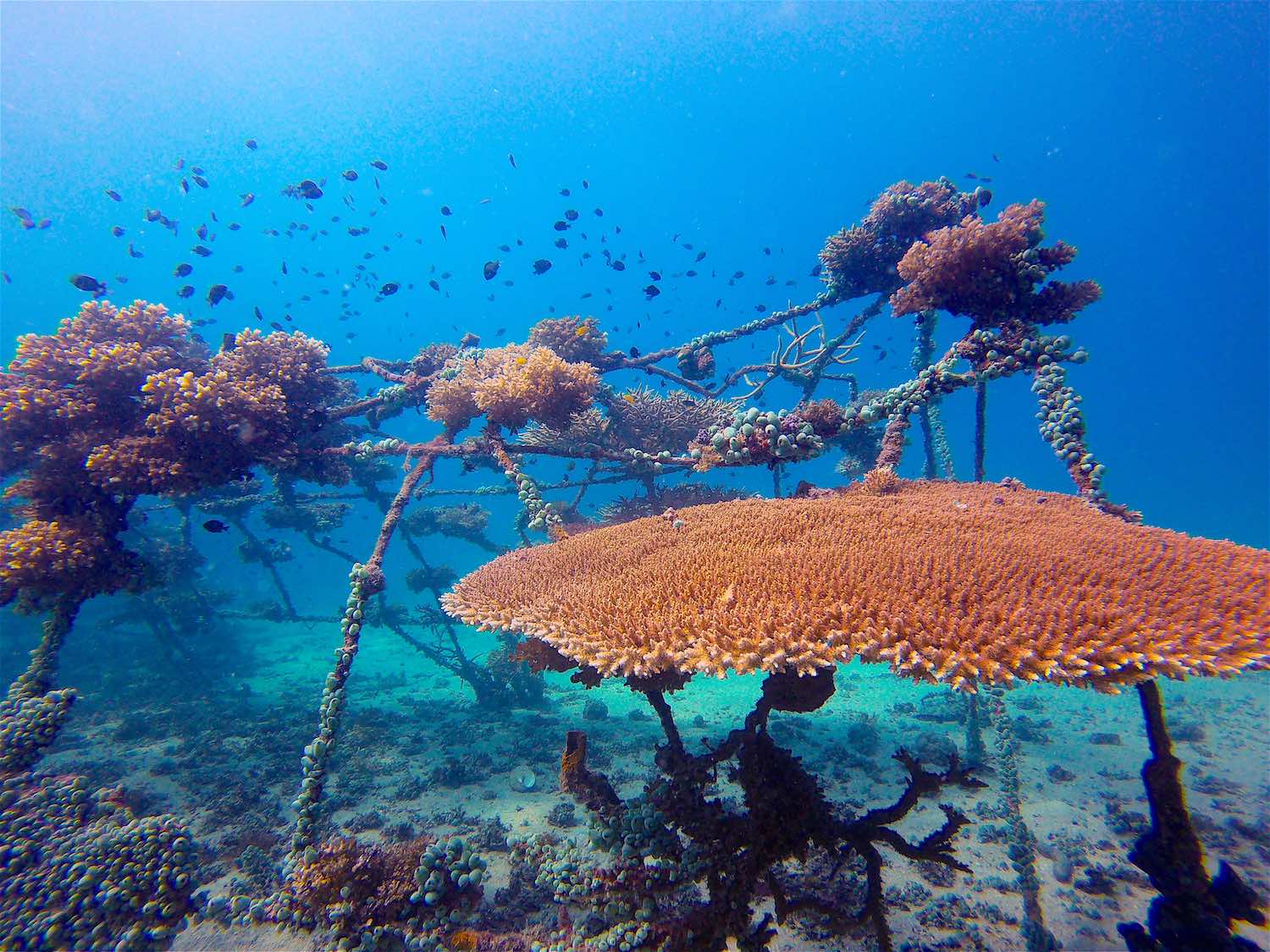
Marine Resource Management Course on Koh Tao
Courses like the Reef Check Eco Diver and Marine Resource Management also provide a great basis for divers wishing to start a career in marine science.
These programs where designed to bridge this knowledge gap and to provide dive professionals with the ability to apply this knowledge in a way that promotes responsible dive practices among their customers and students.
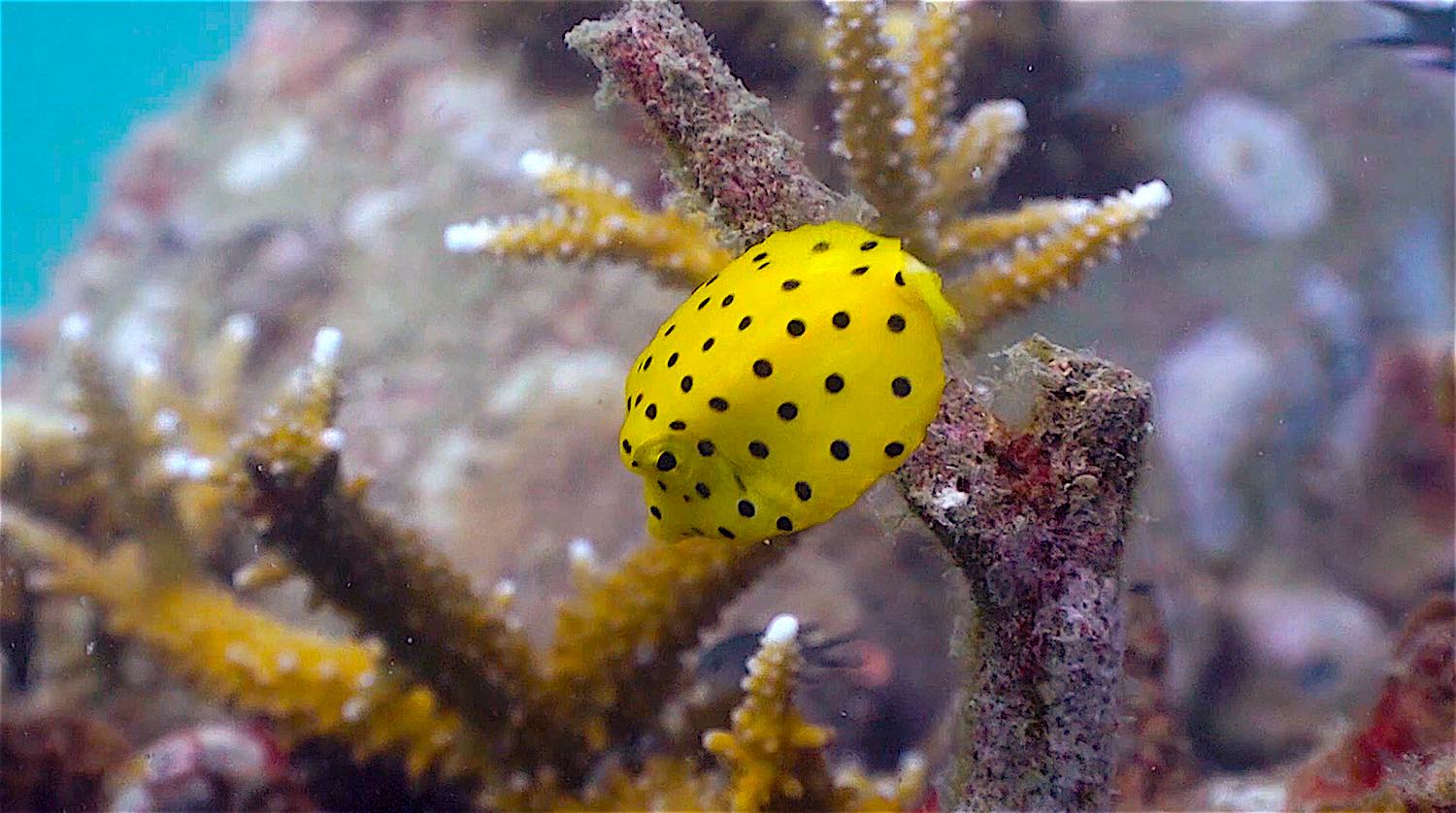
Marine Science & Environmental Solutions
On a marine science level, scientists in Australia and Hawaii are working together to breed heat resistant zooxanthellae to enable corals to survive in warmer temperatures.
The solutions available to implement more effective Marine Resource Management practices are many and varied. They are there waiting to be discovered and there is no reason why it could not be you.
